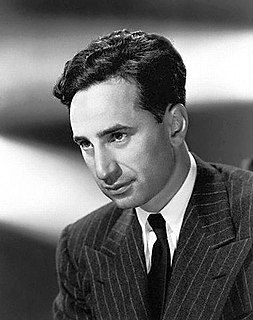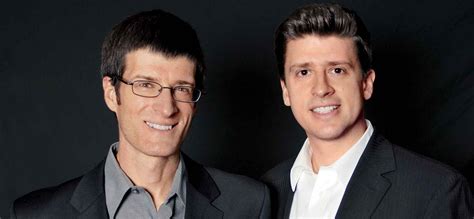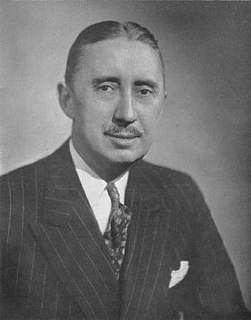A Quote by Elia Kazan
Wonder is our need today, not information.
Quote Topics
Related Quotes
We have to remember that information sharing is restricted by legal barriers and cultural barriers and by the notion that information is power and therefore should be hoarded so if you share information you can extract something in exchange. In today's digital online world, those who don't share information will be isolated and left behind. We need the data of other countries to connect the dots.
The Internet has been an invaluable acquisition. I wonder how we would do without it. Information can be sent from one country to the other within the space of minutes, crossing channels, crossing oceans, crossing continents. But still, we can't compete with the might and power and wealth of those who dominate, control, and own the means of the production of information today.
We need to take responsibility for the effect of our environment on our nervous systems, and particularly the nervous systems of our children. No wonder so many of them are diagnosed with all the stuff they're diagnosed with today. Modern technology is a blessing to be sure, but it's also a curse if we allow it to pull us out of our spiritual center. A 24 hour electronic onslaught comes at the expense of our deep humanity and our deepest relationships.






































